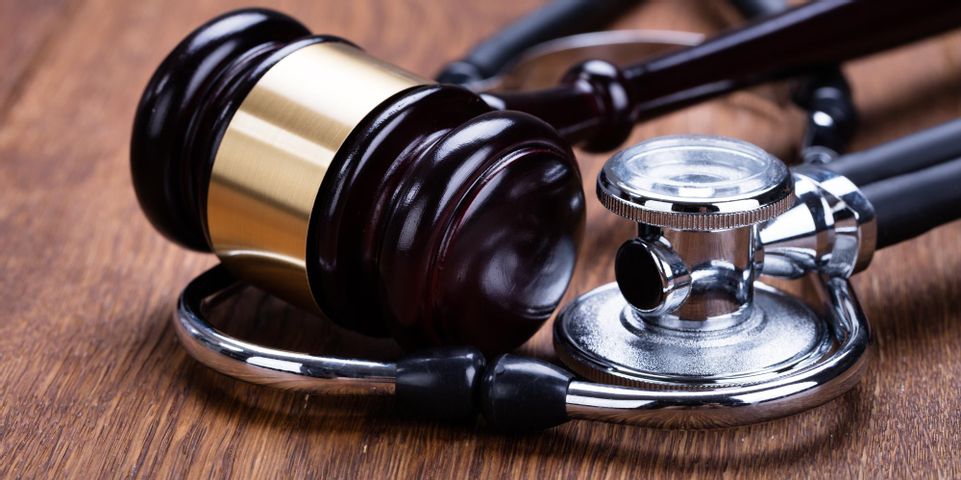What Kinds of Medical Mistakes Warrant Malpractice Claims?

Medicine is far from an exact science, which means unanticipated complications can—and do—arise. In other words, just because you do not respond to a particular treatment does not mean you have grounds for a malpractice claim. As long as the medical team followed the most widely accepted standards of care, they are not liable for any damages that result. However, if your doctor makes an egregious error—like one of the following—it’s wise to call a personal injury attorney right away.
3 Kinds of Mistakes That May Warrant a Medical Malpractice Claim
1. Diagnostic Errors
Health care providers are taught that the simplest and most obvious diagnosis is almost always the correct one. Unfortunately, this means that while they may be right most of the time, they are likely to be wrong some of the time. For this reason, physicians must always follow up with their patients to ensure the prescribed treatment is working. If it’s not, they need to reevaluate the situation and conduct additional tests.
Whether you have grounds for a malpractice claim following a misdiagnosis will depend on the circumstances. If any reasonable doctor would have made the same diagnosis and your doctor remedied the situation as soon as possible because they followed up, there would be no basis for a suit. If, on the other hand, your provider was negligent when conducting the initial tests or failed to check in after administering treatment, you might be entitled to compensation for all resulting damages.
2. Surgical Errors
 Many surgical mistakes are called “never events” because there are no conditions under which they should ever occur. For example, a surgeon should never operate on the wrong part of the body, perform the wrong procedure, or operate on the wrong patient. Unfortunately, these kinds of mistakes—known as wrong-site, wrong-procedure, or wrong-patient errors—happen on occasion.
Many surgical mistakes are called “never events” because there are no conditions under which they should ever occur. For example, a surgeon should never operate on the wrong part of the body, perform the wrong procedure, or operate on the wrong patient. Unfortunately, these kinds of mistakes—known as wrong-site, wrong-procedure, or wrong-patient errors—happen on occasion.
3. Medication Errors
Personal injury attorneys often explain that medication errors occur because there are so many opportunities for providers to make mistakes. For example, the physician might prescribe the wrong medication, the pharmacist might prepare the wrong drug, or the nurse might administer the incorrect dosage. Physicians and pharmacists are also likely to make the occasional mistake because so many medications today have similar-sounding names.
Nurses, on the other hand, might administer the wrong dosage because they misread the orders or made a simple math mistake—which is not surprising considering how hard they work. In one study, researchers found that using electronic medication cards reduced such mistakes considerably because it eliminated the element of human error, which was most often attributed to fatigue.
If you think you were the victim of medical malpractice, get in touch with Peck & Peck Attorneys at Law. Located in Hartford, CT, this firm is led by a father-and-son team with nearly four decades of combined experience in the legal field. Michael and David Peck are compassionate personal injury attorneys who fight tirelessly on behalf of their clients so they can secure the injury settlements they deserve. To request a complimentary consultation to discuss your case with a strategic personal injury attorney, call (860) 236-4782 or complete the form on their website.
About the Business
Have a question? Ask the experts!
Send your question

